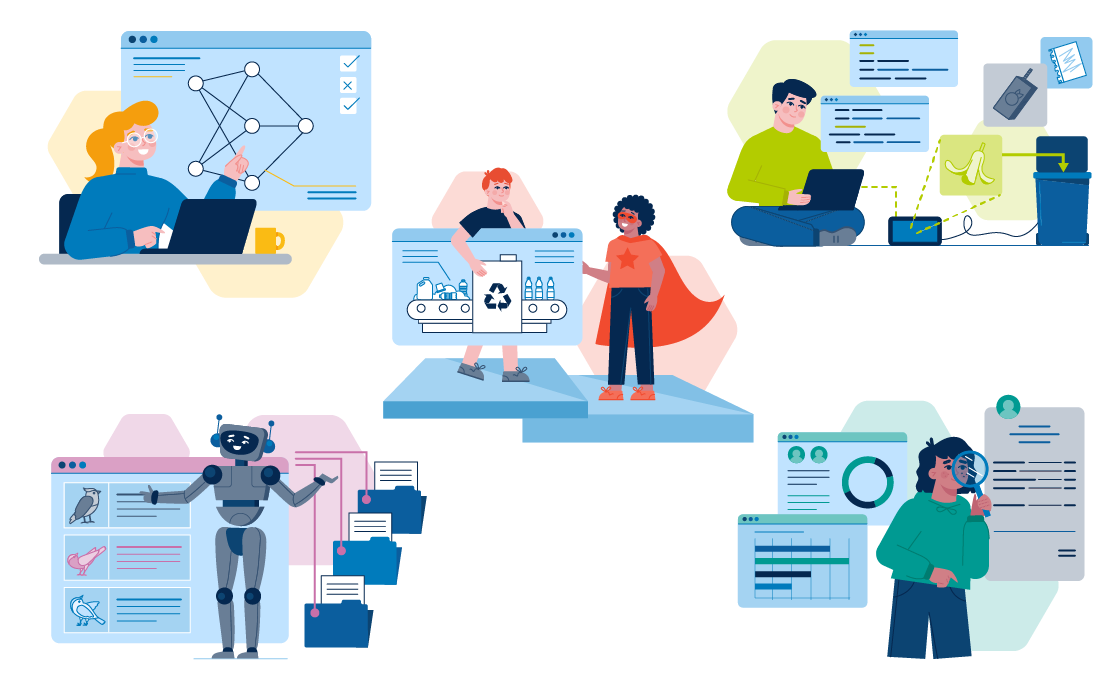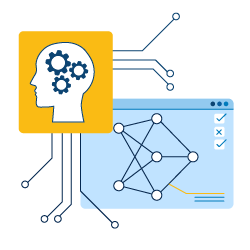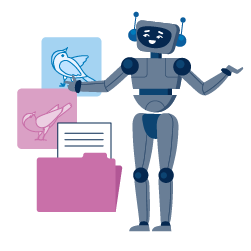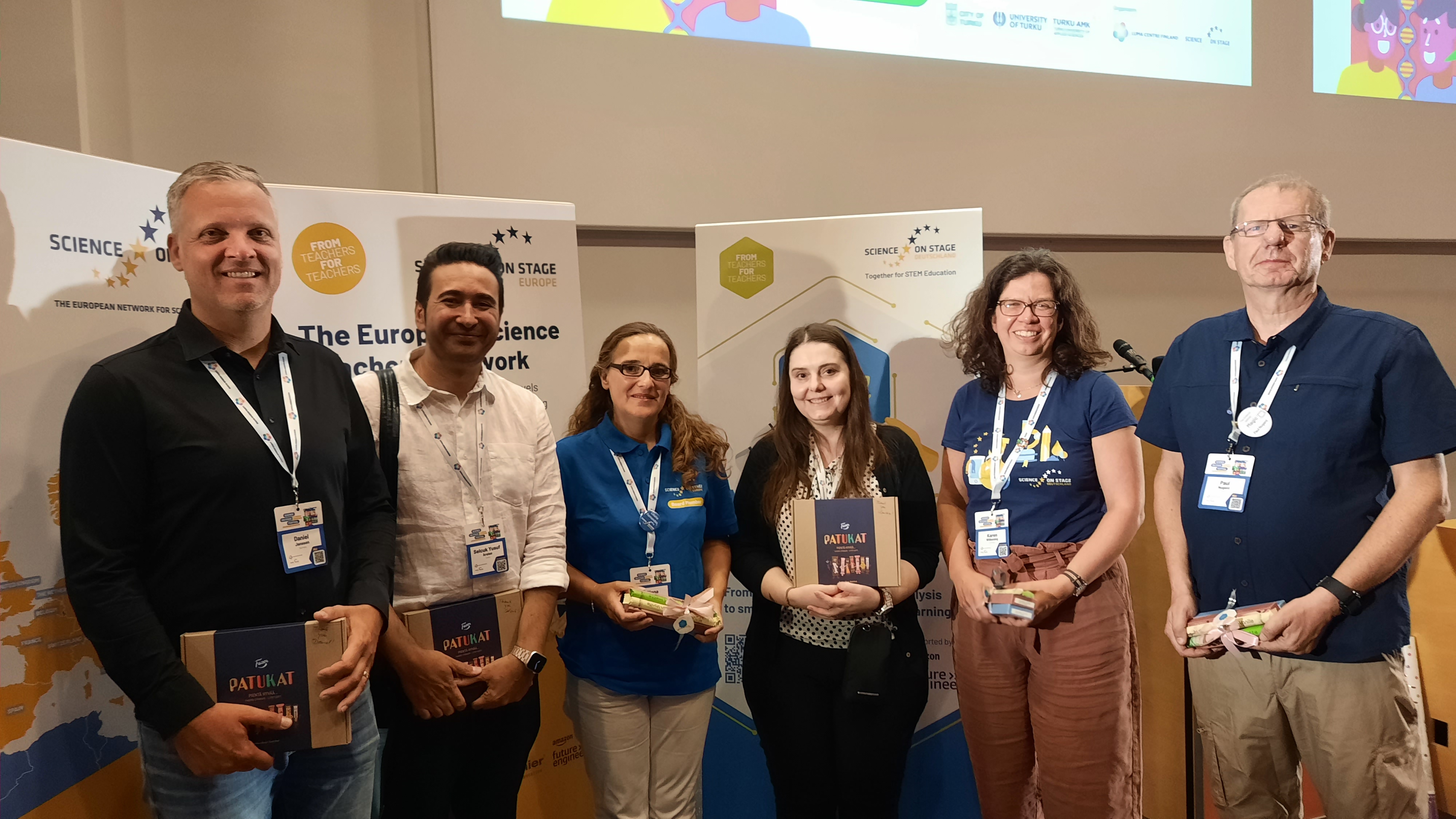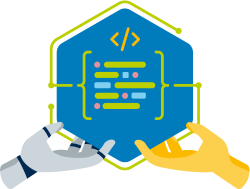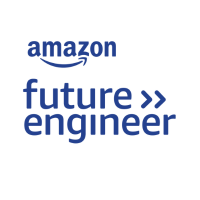AI in school: preparing for the future
As artificial intelligence becomes more and more present in our daily lives, both in the workplace and in leisure spaces as well as in the education sector, it is important for students to familiarise themselves with its concepts and applications. Furthermore, artificial intelligence is becoming a critical topic for their future professional careers. In the labour market of the future, AI areas such as automation, data analysis and machine learning are transforming business processes and creating new opportunities in many sectors. Therefore, knowledge and skills in AI can increase students’ future job opportunities. Check out our career orientation resources.
Teaching about artificial intelligence in STEM classes promotes students' digital literacy, critical thinking, problem-solving and creativity. For this reason, AI should be an integral part of the STEM curriculum. Read more on AI in Education: Theory and Practice here.
„Teaching with AI offers great new opportunities for teachers and students. Teaching about AI is an important new task for the education system. Therefore, Amazon Future Engineer is proud to be partnering with Science on Stage on this innovative project.“
Video greeting by Michael Vollmann, Europe Lead Education at AFE:
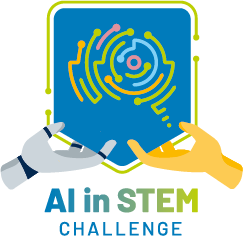
We invited students and their teachers to apply for our AI Challenge with an innovative approach to using AI. The call closed on 23 February 2025. Learn more about the competition and the selection process here.
We hope that our AI teaching materials will provide you with a wealth of ideas and resources for your STEM lessons. Please join in and share the materials with your colleagues.
Are you interested in organising teacher training on our teaching materials or other topics related to programming at your school or online? We offer grants for workshops and seminars. You can find more information about the funding scheme and the application forms here.
